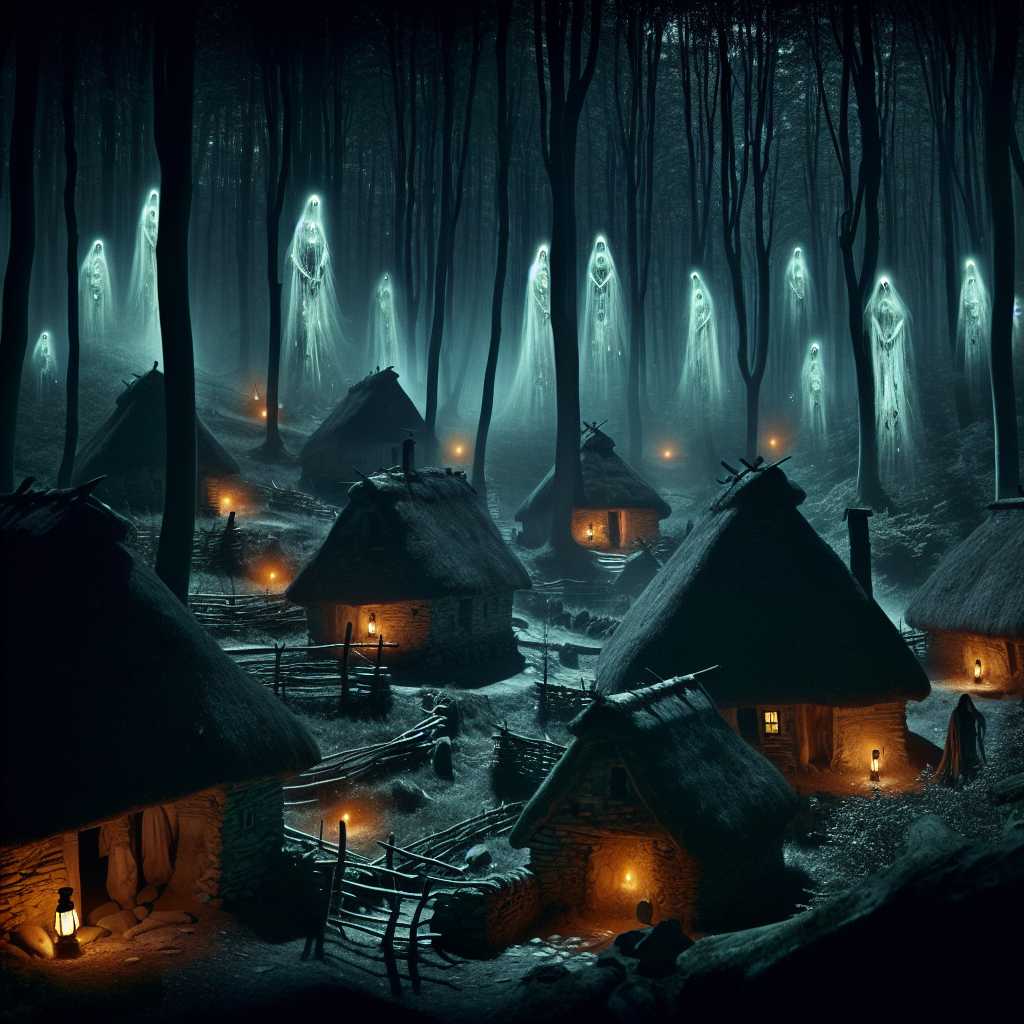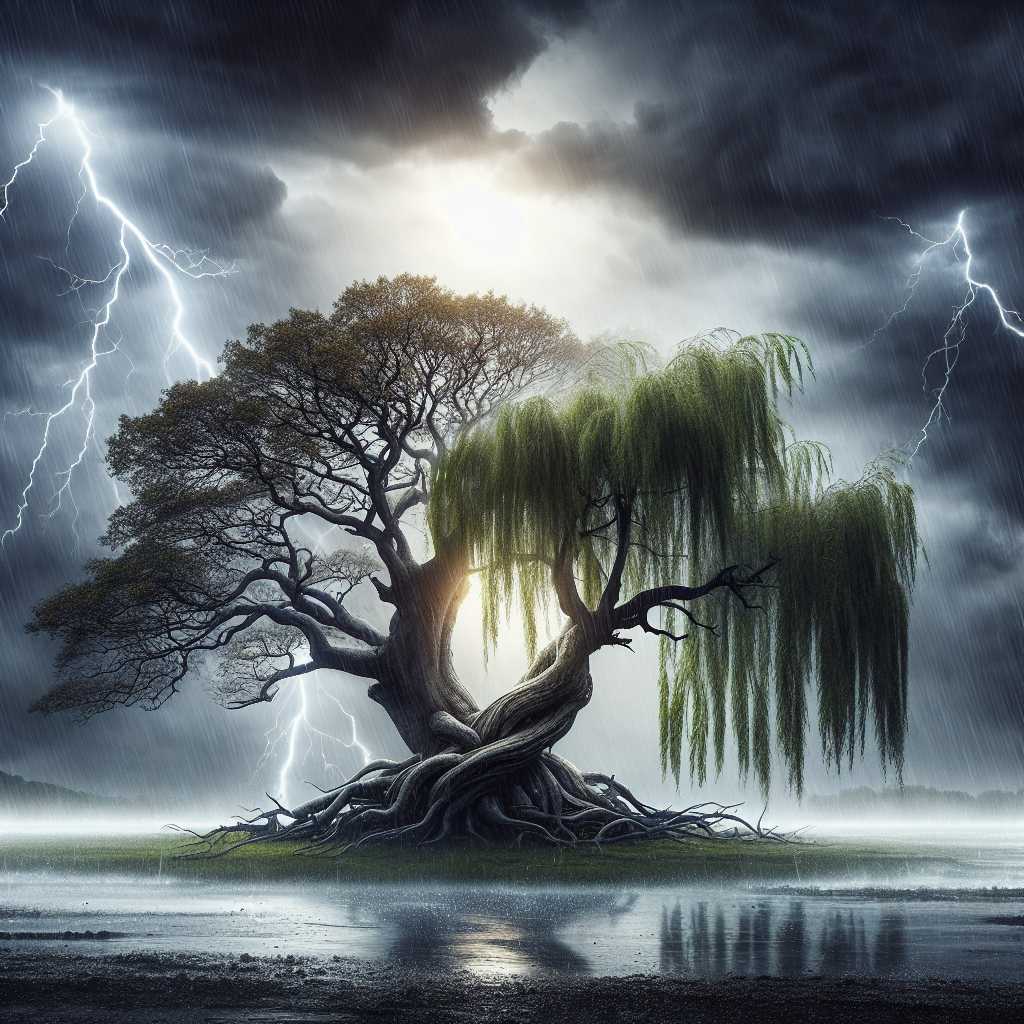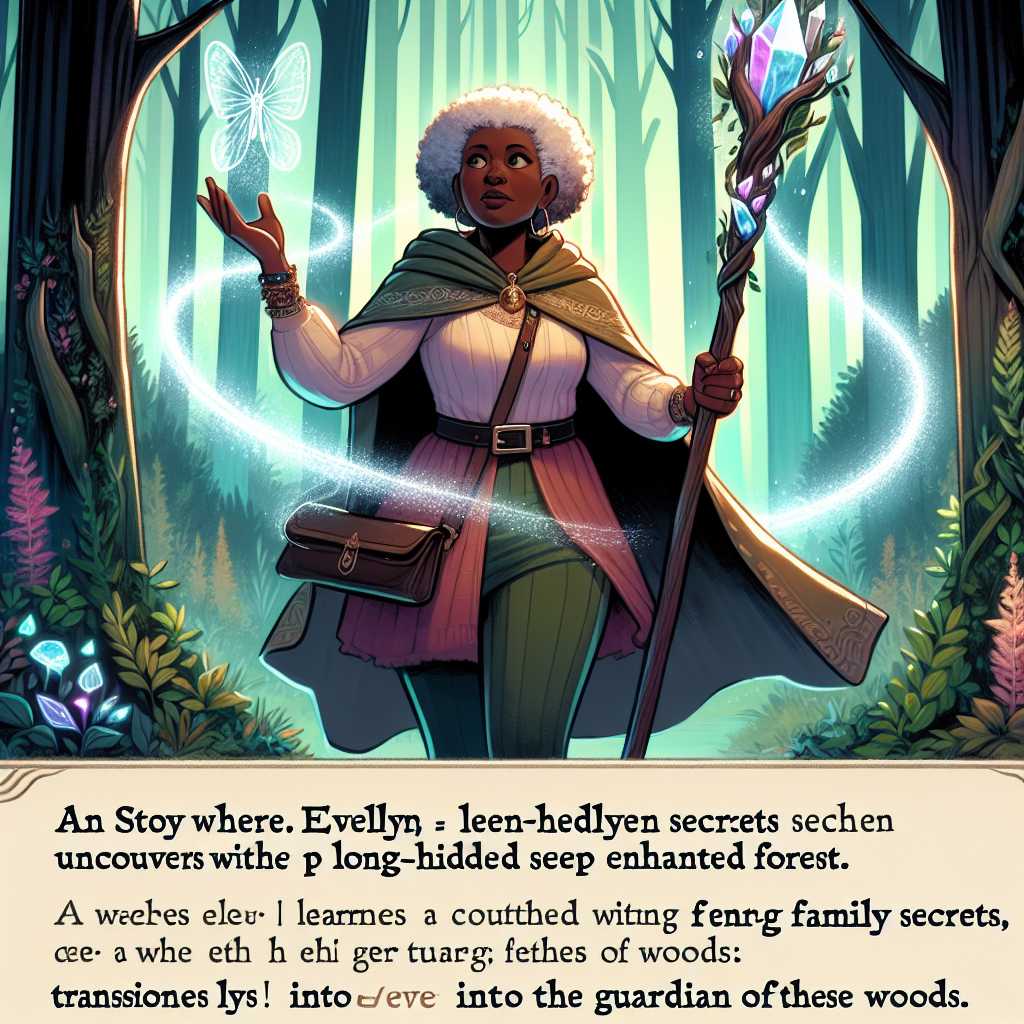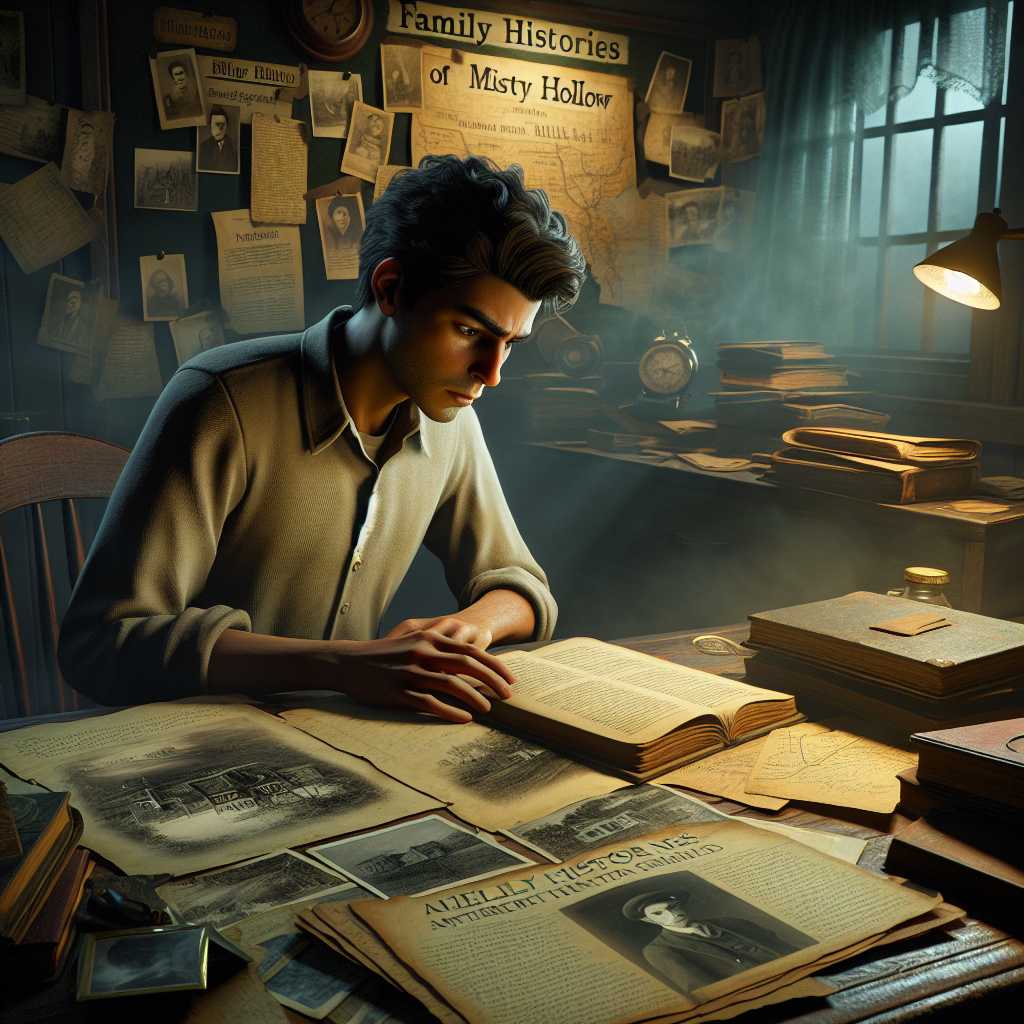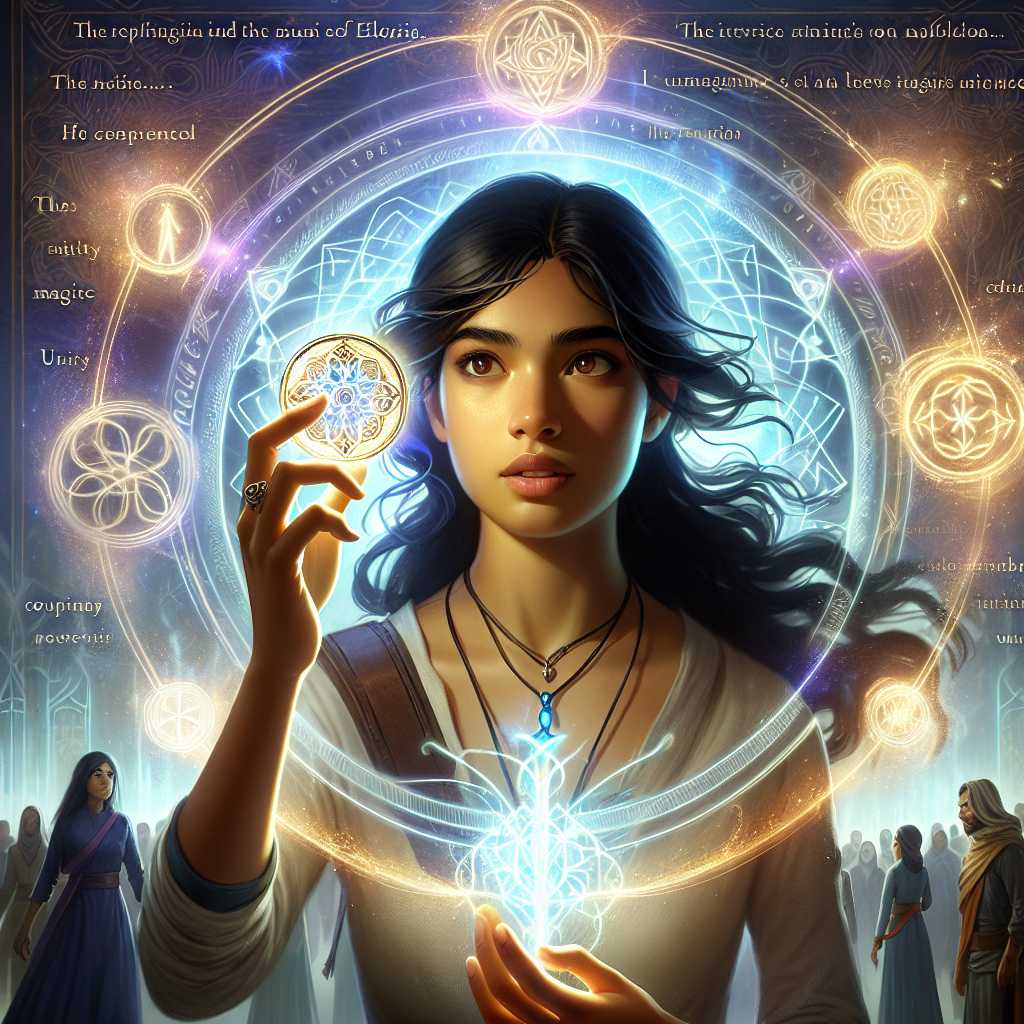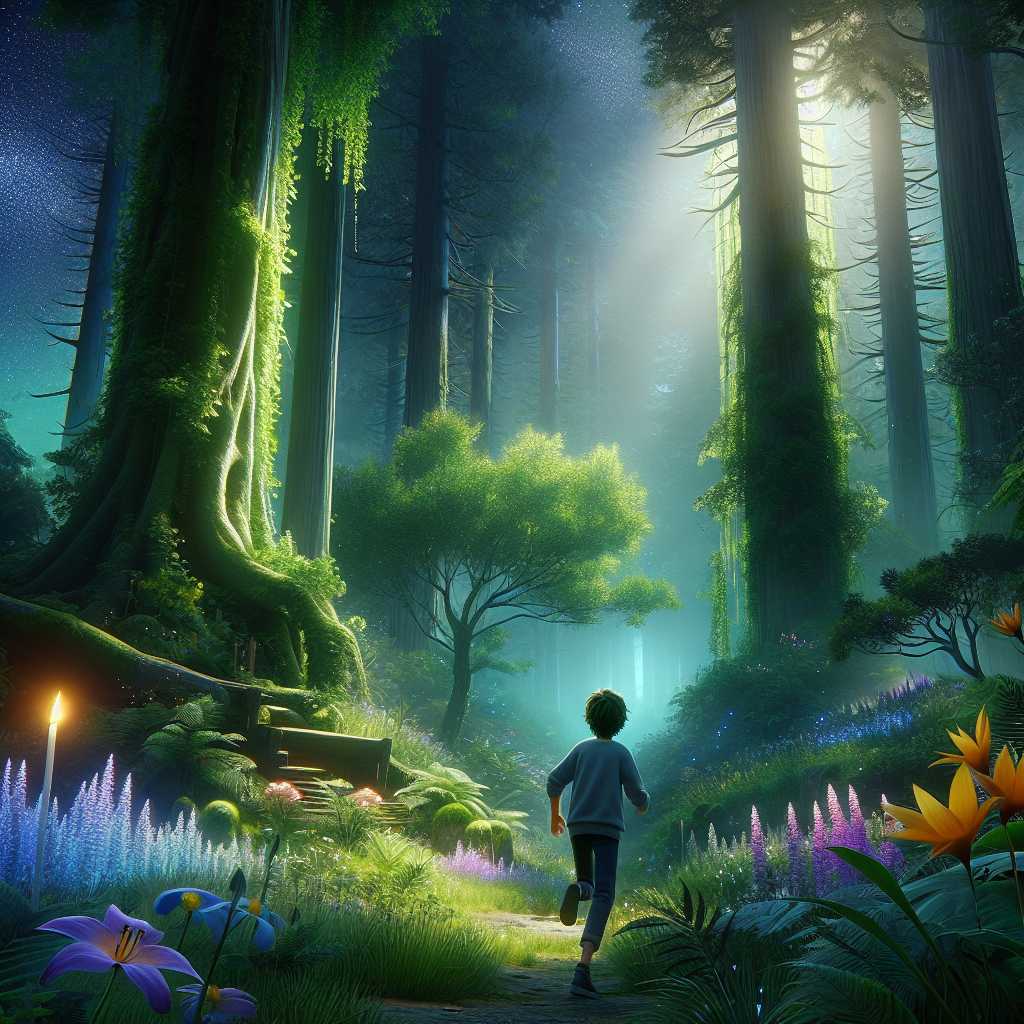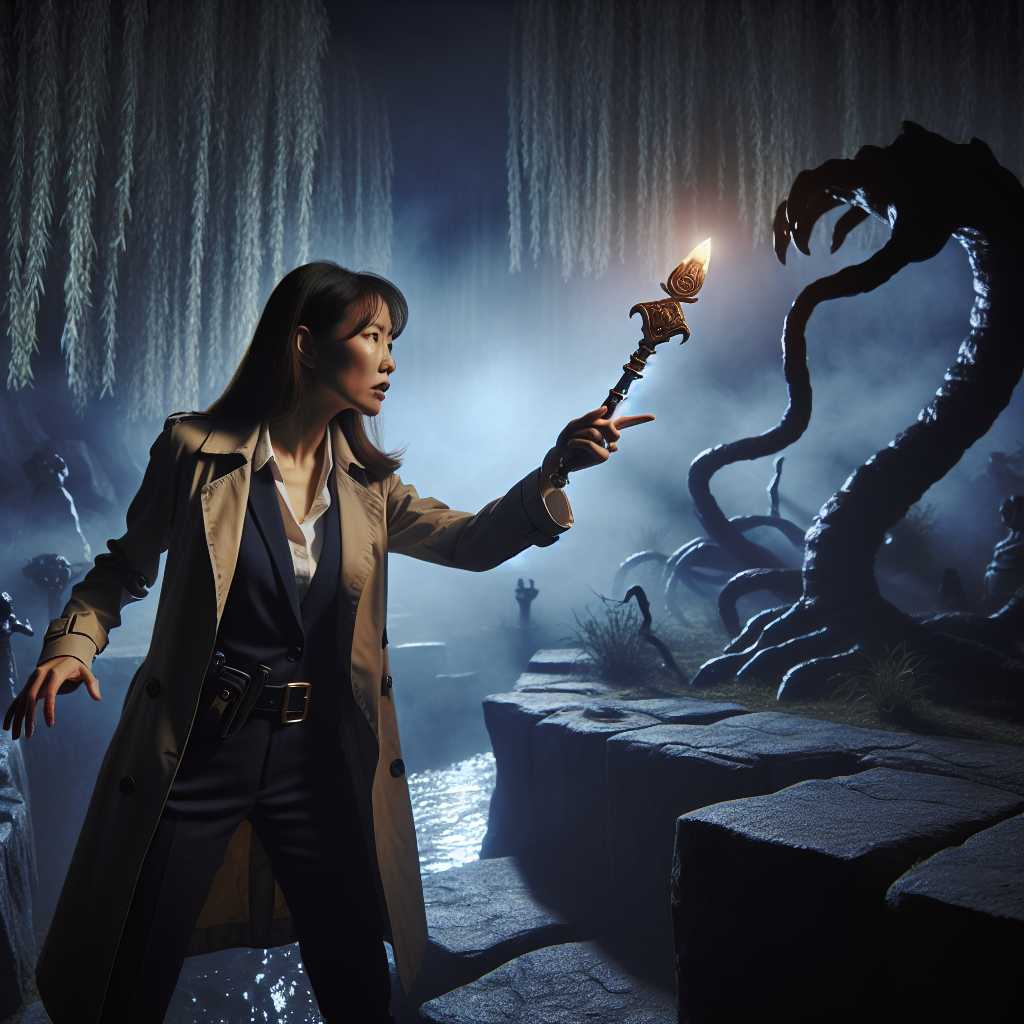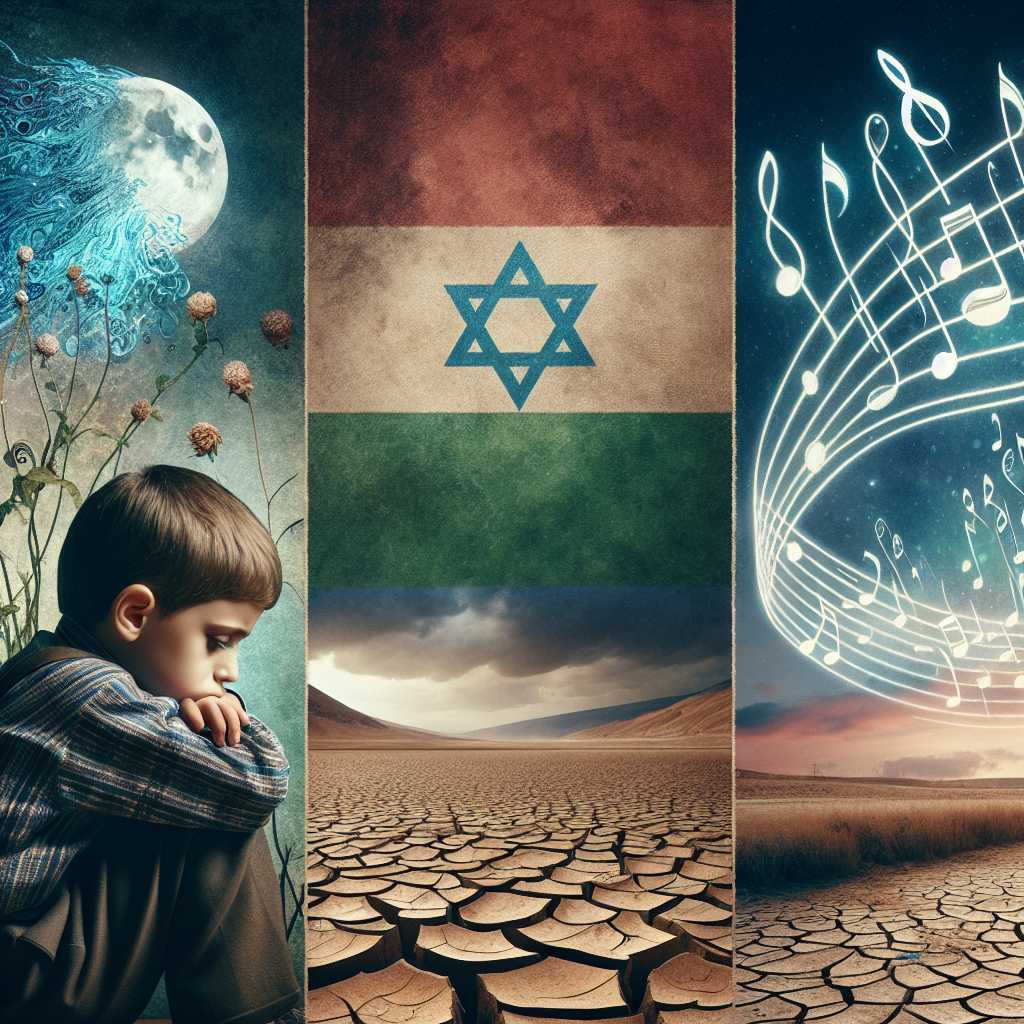
In the heart of a quiet village stood a solitary hill, upon which grew a single tree – a resplendent apple tree that danced with the wind and whispered secrets to the sky. Beneath this tree, there was a tradition among the villagers to bury time capsules, encapsulating their dreams for future generations to find.
Among the villagers was a boy named Eli, whose spirit shone like the break of dawn. He was a child of mirth, yet behind his smile lay a storm of woes; for his family's farm had wilted under drought, and their laughter had grown as scarce as the rain.
One day, buoyed by stories of the great tree, Eli decided to create his own time capsule. With a heart full of hope, he scurried up the hill and began to dig beneath the shade of the rustling leaves. As he carved into the earth, he thought of what treasure he could bury that would reflect the depths of his dreams.
"Future wanderer," he whispered to the silent air, "I'll leave you the greatest dream of all – the hope that sustains a heart amidst the storm." And with that, Eli gently placed a small, homemade music box inside the hole, with a note that said:
"Life is a melody sometimes played in a minor key, but even the softest whisper of hope can turn the tune to major."
He covered the time capsule with tender hands, his fingers brushing the earth like an artist's final stroke. With eyes sealed shut, he let out a wish, a silent plea to the future.
Years rolled by like waves upon the shore, each leaving behind remnants of time, erasing others. The tree watched Eli grow from a boy of dreams into a man of resolve. There was hardship, to be sure, but Eli worked with tireless hands and a spirit that refused to bow, even as his family's plot remained barren.
One evening, sitting beneath the stars and the old tree, he met an old traveller, a woman with eyes that seemed to know the secrets of the universe. They spoke of life, of dreams, and of the dance between fate and will. The conversation wove through the night, and the traveller bequeathed Eli a parting gift – a small, antique rainstick, with carvings of ancient symbols spiralling down its length.
"Turn it over when you seek change, Eli," she advised. "It mimics the sound of rain, and as you know, rain brings new life."
The next morning, as the sun peered over the horizon, the traveller was gone, leaving only footprints and the memory of her words.
Spring arrived with a crisp freshness, yet still, the drought persisted. Remembering the traveller's gift, Eli took the rainstick up the hill. Just as he reached the tree, he turned the rainstick over, and a sound like a thousand tiny droplets filled the air. With eyes full of longing, Eli played it over and over, letting the sound cascade into the silence of his world.
Days passed, each turn of the rainstick growing more fervent. And then, it happened – a single drop, followed by another, and then a torrent. Rain! It washed over the village, the hill, the tree, and the heart of a man who never stopped believing.
Life sprouted anew, the family's farm flourished, and Eli's laughter was no longer scarce. The villagers spoke of a miracle, of a man's faith that brought the rain, but Eli knew otherwise. It was hope – the melody that had turned to major at last.
As seasons turned to years, Eli's tale became legend. Children played beneath the tree, the rainstick passed down as a symbol of hope, and the legacy of dreams buried in the earth grew.
Then one autumn day, a curious young girl, with the same spark in her eyes that once danced in Eli's, discovered his old musical box. She read the note, her heart alight with wonder, and the ancient melody of hope filled the air.
"Life is a melody", she hummed, feeling the truth of Eli's words in her soul. "And my tune shall always be major, for hope is now my companion." Her laughter merged with the whispers of the tree, a harmonious echo of a boy who dared to dream amidst the storm.
It was then that Eli, now an elder with silver hair and a lifetime's wisdom, approached the girl, his eyes gleaming with recognition of a miraculous cycle.
"Young dreamer," he said, "do you feel it? The dance of the past with the present, the song of hope that never ends? This tree, this hill, they are proof that what we send forth into the world, whether in the form of dreams buried in the ground or music played with love, can echo through time."
With those words, Eli passed the rainstick to her, a new guardian of the melody that played in major. For he knew that hope, once planted in the heart, is a seed that can weather any storm, and that the music of our dreams is the most powerful of legacies we ever leave behind.



